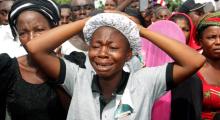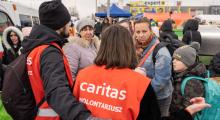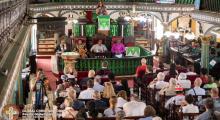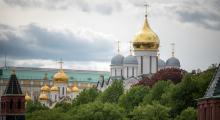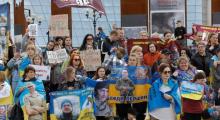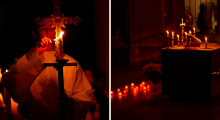Issued by the Catholic Center for Studies and Media - Jordan. Editor-in-chief Fr. Rif'at Bader - موقع أبونا abouna.org
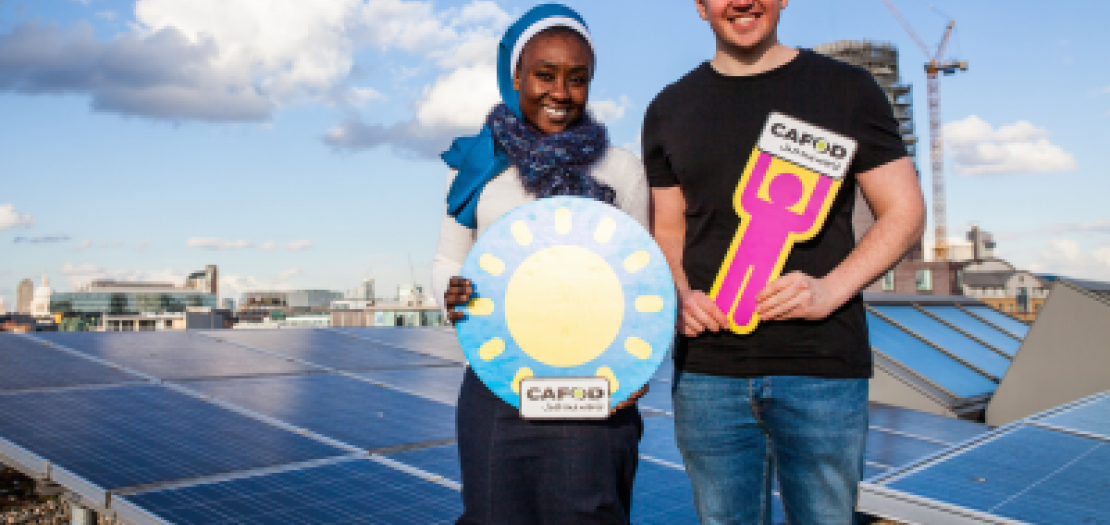
Thousands of parishioners and pupils have joined a campaign to provide renewable energy to people without access to electricity.
More than 30,000 people have written to the World Bank as part of CAFOD's 'Power to be' campaign, urging the Bank to move the money it spends on polluting fossil fuels towards providing renewable electricity in poor communities.
One in six people worldwide live without access to the electricity necessary to power homes and businesses, as well as vital services such as schools and health clinics.
Dozens of schools in England and Wales have taken part in the CAFOD campaign, making their own sun beams with messages to the World Bank and learning about pupils such as Veronica, a Kenyan school girl who did not have any power at her school until solar panels were fitted.
Our Lady and St Edward's Primary Catholic Academy in Nottingham decided to spend a whole afternoon without any power - meaning pupils went without hot lunchtime meals and lessons were taught in natural light without laptops or projectors.
Sr Clara Phiri, a CAFOD volunteer from Zambia, said: "Where I come from, one of our projects is empowering young people who do not have access to power. We empower them with money to start small businesses. Most of these businesses require them to have power and what we do is give them the money to help them buy equipment like solar panels to help them jump-start their small businesses.
"I have seen the difference that renewable energy makes to these young people. They are able to support their families, and not only that, they are able to look after the environment better."
A paper published by CAFOD and eleven other development organisations has shown that renewable energy such as solar power is usually the cheapest, safest and most reliable way of providing electricity to people living without electricity.
Less than three per cent of the total amount of money the World Banks spends on energy is spent providing this type of 'off-grid' renewable electricity.
CAFOD's campaign calls on the UK's World Bank representative, Melanie Robinson, to use her voice at board level to ensure the Bank invests its energy spending in local, renewable energy for poor communities. The World Bank is the single biggest source of UK funding for energy access.
Sr Clara said: "If we have more people using solar power - which is cheaper and much safer for the environment - it'll be great, so I really encourage people to take part for the sake of our common home."


